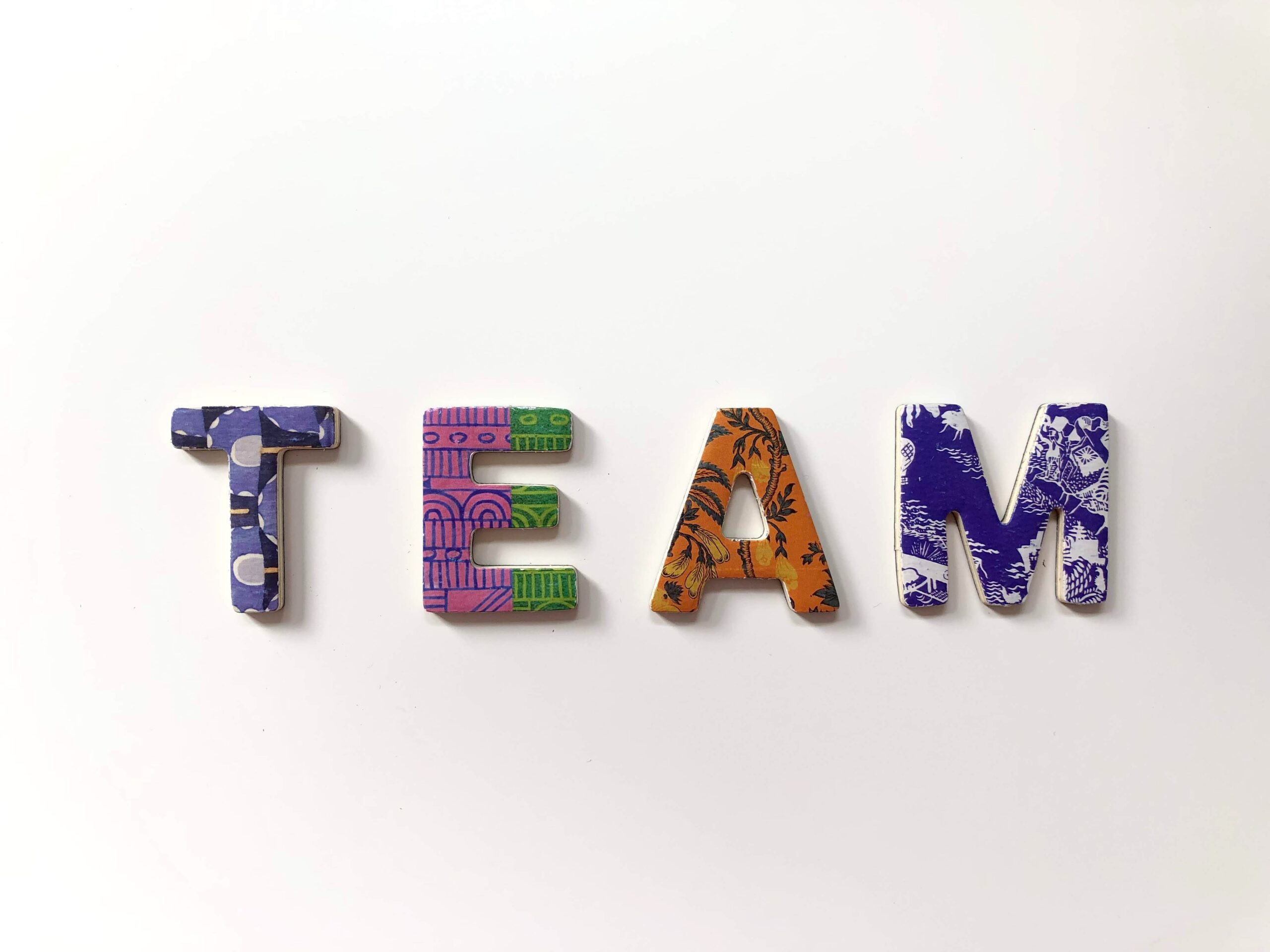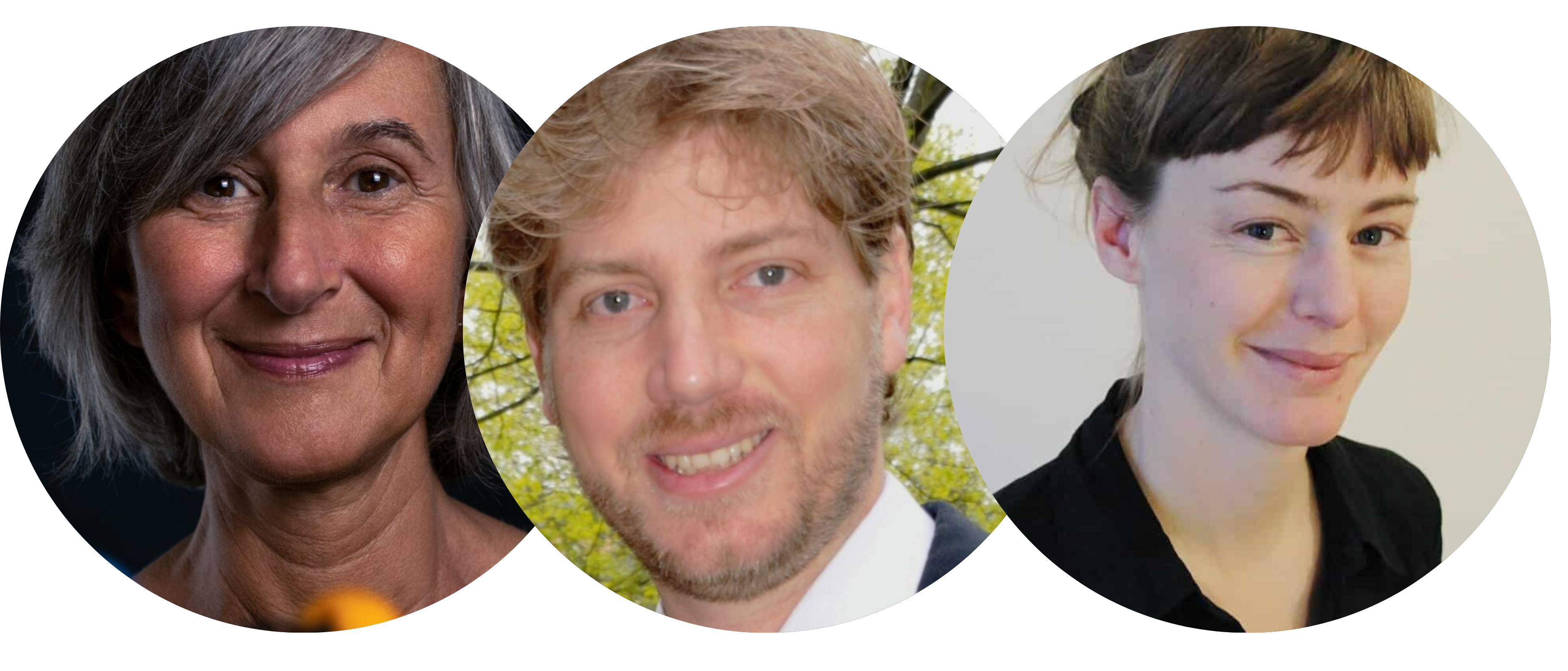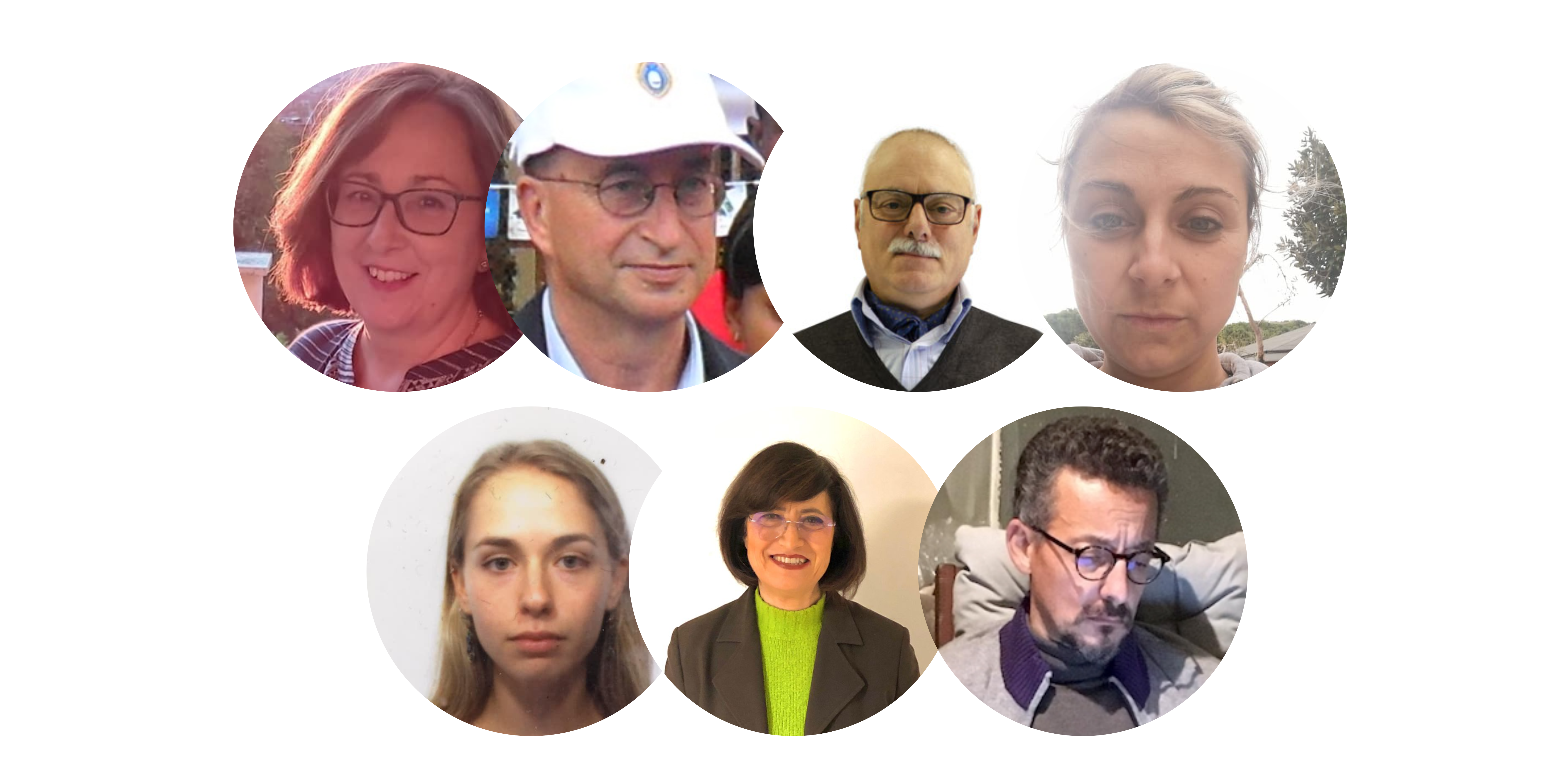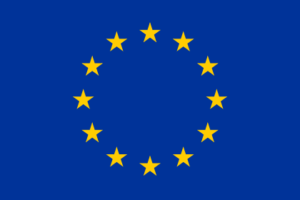#Episode 3
This time we have reached out to our partners from the European Citizen Science Association (ECSA) and the University of Rome Tor Vergata (Italy). We asked them to describe their role in Step Change, as well as a little about themselves!
What do you expect from your participation in STEP CHANGE?
In STEP CHANGE the main role of the European Citizen Science Association (ECSA) is to promote institutional agreement among partners involved in the citizen science initiatives (CSIs) and develop tools that help embed citizen science (CS) in scientific institutions. For this purpose, in ECSA we are excited to learn more and better understand the activities of the CSI and the project as a whole by conducting a set of institutional stocktaking meetings for each of the research organisations involved in the CSI. We are looking forward to seeing how the involvement of the CSI research teams, including citizen scientists, key persons of the organisation and of scientific leaders, can contribute to creating targeted recommendations for the institutional anchorage of CS. Under the leadership of ECSA and with the support of all the partners we expect to come up with a CS Navigator which will contain both theoretical and practical insights on whether and how CS can be successfully applied to research projects in different fields.
Could you mention a successful project directly involving citizens that you had the chance to lead/participate in? What have been the keys of its success?
ECSA has led and participated in a number of successful projects directly involving citizen scientists or related to CS including WeObserve, D-Noses, DITOs, LandSense, and the European Citizen Science Platform. For instance, in D-Noses (Distributed Network for Odour Sensing Empowerment and Sustainability), the main goal was to empower citizens with Responsible Research and Innovation, CS and co-creation tools to design odour pollution control measures at local, national and global levels with CSOs, NGOs, local public authorities, odour emitting industries and academia. A key achievement for the pilot in Barcelona, for example, was gaining the support of the regional authority giving the project legitimacy. At first, the regional authority expressed their worries about the potential negative reputation that Barcelona could earn. However, after the D-NOSES team discussed the advantages of the new model, including the opportunity to engage with quadruple helix stakeholders to promote dialogue and transparency among all actors and how this would improve citizens’ perceptions of the environmental authority, the regional authority supported the pilot. For many years, air and odour pollution within the area has been a source of great conflict and nuisance. As a consequence, and to minimize the problem, the D-NOSES team increased the frequency of dialogues between all stakeholders. Despite the many issues encountered, conversations between the public authority and the affected community were very constructive and contributed significantly to the project.
Think about Citizen Science and choose a favourite recipe. What would it be and why?
When thinking about a recipe and citizen science Teigtaschen (stuffed pasta) came to our mind. The main reason behind this is that stuffed pasta (pieces of dough wrapped around a filling) is an umbrella term for dishes that can be prepared in many different ways including frying, boiling or steaming, and is found in many culinary traditions around the world. Similarly, citizen science is an umbrella term that describes a variety of ways in which the public actively participates in science. The dough of stuffed pasta can be made from bread, flour, eggs or potatoes, while the filling can be made from meat, fish, cheese, vegetables, fruit or sweet foods. For example, the spinach and feta cheese puff pastry triangles for which you need just a few ingredients including puff pastry, chopped onion and spinach, crumbled feta cheese, and eggs. You might have heard of or already tried tortelloni, pierogi, samosa, jiaozi, pelmeni, maultaschen, spring rolls, tschebourek, momo, wonton, ravioli, or empanadas, among others.

What do you expect from your participation in STEP CHANGE?
In Italy, Citizen Science experiences are not common, and the majority of projects focus on environmental/ecological research.
For us, participating in STEP CHANGE was a fantastic opportunity for us to take on the challenge of working with citizens on infectious diseases (ID) preparedness, during a difficult period of distrust for the scientific world.
The goal of our participation in STEP CHANGE is to involve citizens and deal with the public health issues that directly affect people and their daily lives.
In this particular citizen science initiative, we want to work with citizen scientists to better define their role in the preparation of guidelines on ID preparedness. We also expect to bridge the gap between the science world and the general public by transferring scientific knowledge and developing a new awareness of science and health among the citizens.
As researchers, we want to learn more about citizen sensitivity, and to work side by side with people, to endure their needs are met.
Could you mention a successful project directly involving citizens that you had the chance to lead/participate in? What have been the keys of its success?
In 2014-2016 we ran a study monitoring Ebola infection in villages in the northern region of Sierra Leone. We involved local NGOs and Ebola survivors from these villages, who were identified as having either mild or asymptomatic cases of infection. This allowed us to conduct a serology study to identify asymptomatic case characteristics and define the possible role of antibody treatment in Ebola protection.
Think about Citizen Science and choose a traditional Italian recipe. What would it be and why?
Our team thought of the traditional Easter recipe Castello. It’s a centuries-old recipe that dates back to the Roman era, originating from Naples and it’s a salty pie that contains several kinds of cheese, meat, and eggs. We think it represents Citizen Science because it’s a traditional preparation, usually homemade, that brings all family members together on such an important holiday, in a similar way to how citizens and scientists come together to elaborate solutions for crucial issues, that will benefit society as a whole. When tasting the Castello it’s possible to taste every single ingredient, which keeps its identity, but at the same time contributes to the final result, which is a delicious mix, greater than the sum of its parts.
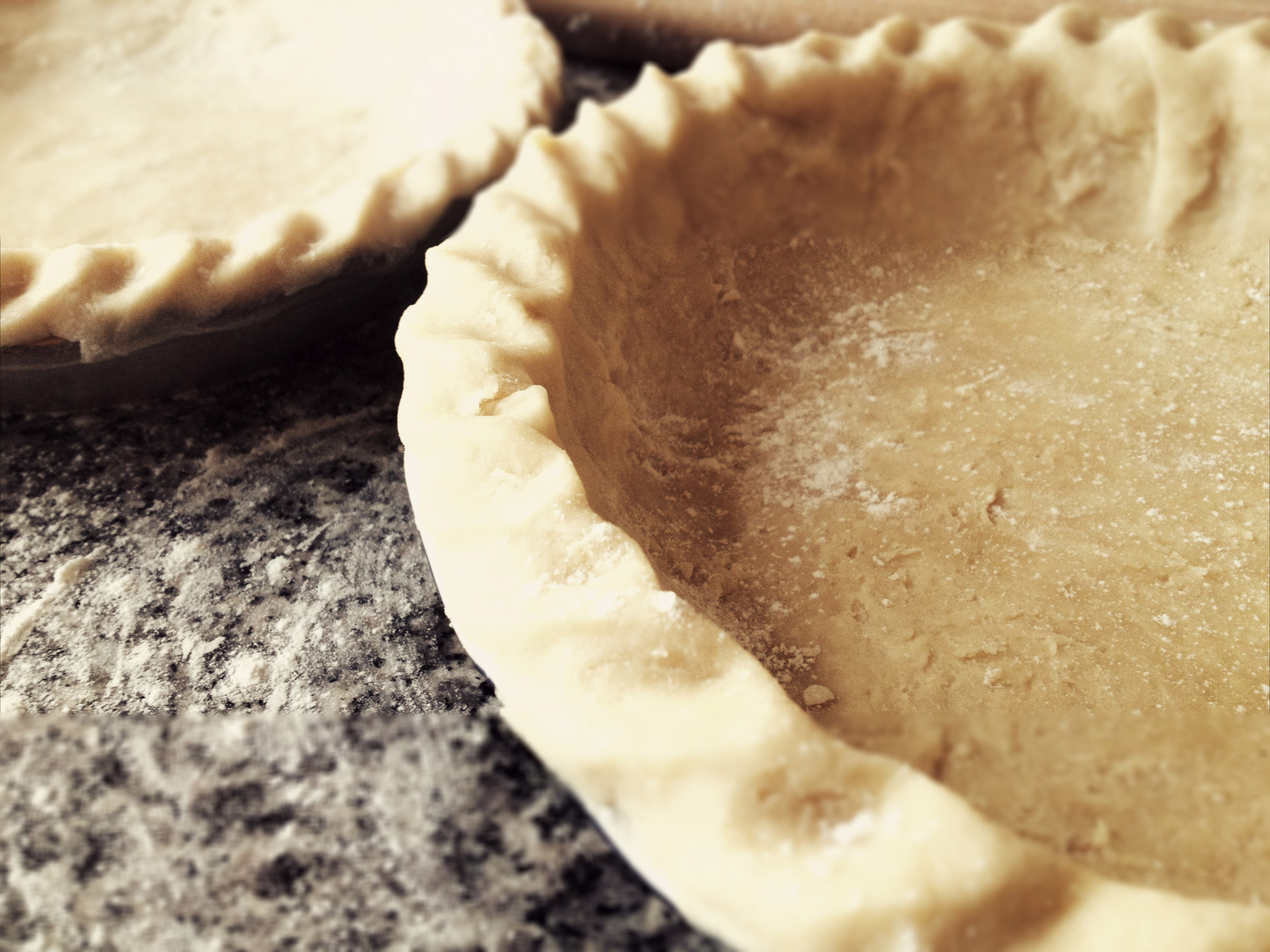
Stay tuned for our final episode of Meet the Team, coming soon!
